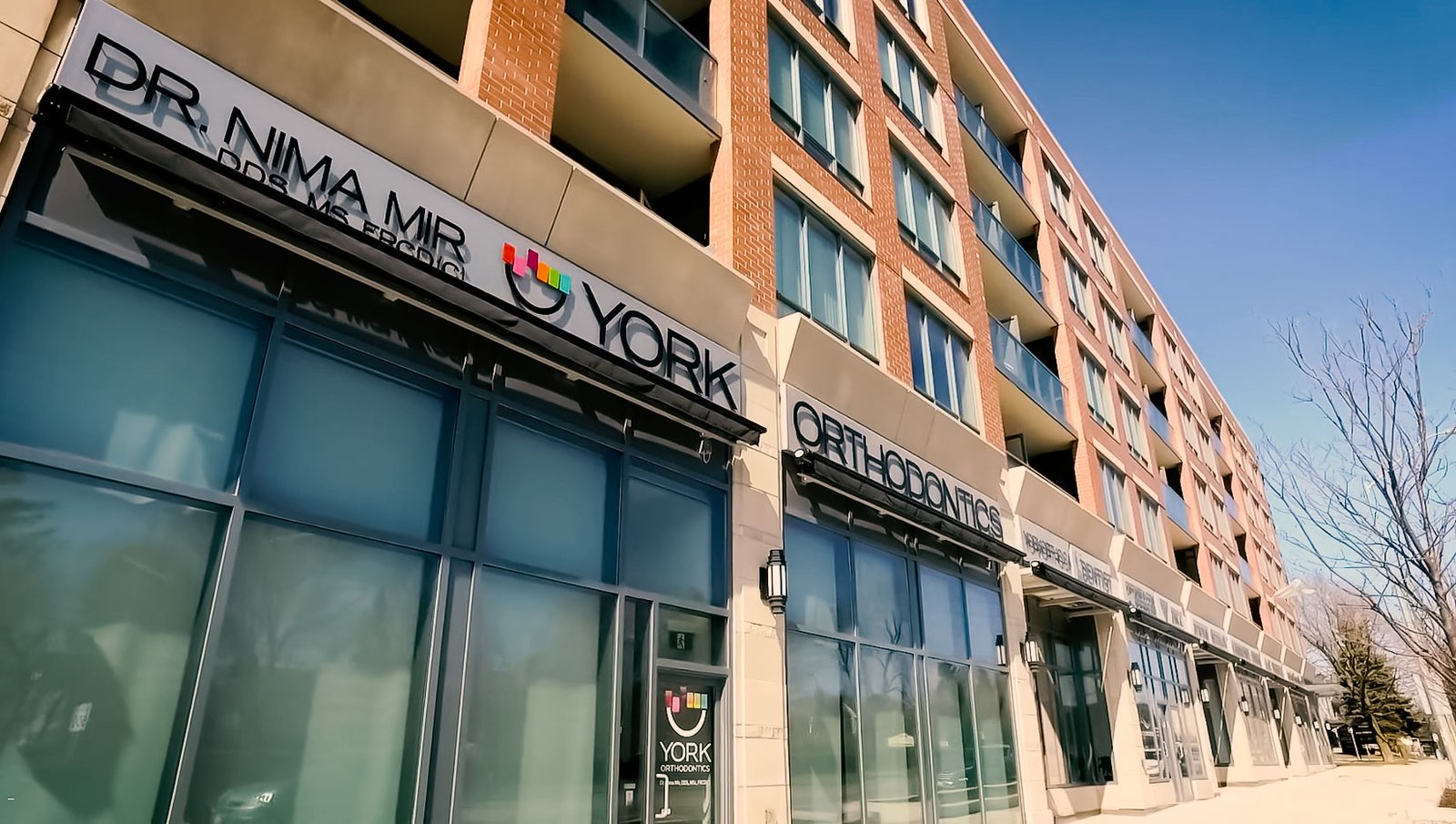Do You Have to Wear a Retainer Forever?
If you’ve recently finished orthodontic treatment, you’re probably wondering: “Do you have to wear a retainer forever?”
This is one of the most common concerns among Canadians who just had their braces removed or completed clear aligner treatment.
Below, you’ll find a straight-to-the-point, user-friendly guide to help you feel confident about what comes next.
Why Retainers Matter After Braces
After your braces come off, your teeth are still settling. The tissues around them need time to stabilize. Without a retainer, your teeth may slowly shift back; something no one wants after investing time and money into orthodontic treatment.
This is why people often ask: “Do you have to wear retainers forever after braces?”
The short answer: You’ll need some level of long-term retainer wear to keep your smile aligned.
But don’t worry—that doesn’t mean wearing it 24/7 forever.
Read More: Braces with Ceramic Brackets
So… Do You Have to Wear a Retainer Forever?
Here’s the simplest breakdown:
Phase 1: Full-Time Wear (Usually a Few Months)
Right after your braces or aligners come off, your orthodontist will likely ask you to wear your retainer full-time; typically 12–22 hours per day.
Phase 2: Nighttime Wear
Once your teeth begin to stabilize, most Canadians shift to night-only wear.
This phase usually lasts as long as you want to maintain your straight smile.
And that’s the key point:
If you want your teeth to stay straight for life, you’ll need to wear your retainers at night long-term. It doesn’t have to be every single night, but consistency matters.
Phase 3: Lifetime Maintenance
Think of it like this:
You brush your teeth forever.
You floss forever.
Wearing a retainer is simply another part of keeping your smile healthy and beautiful.
For many people, wearing a retainer a few nights a week becomes a simple, no-fuss habit.
Read More: Cosmetic Teeth Straightening
What Happens If You Stop Wearing Your Retainer?
If you stop wearing it completely, teeth can drift; sometimes subtly, sometimes noticeably.
This is called relapse, and it’s one of the biggest frustrations for adults who once had braces.
Wearing your retainer long-term helps prevent this and protects the investment you made in orthodontic treatment.
Read More: Braces Behind Teeth
Types of Retainers You May Use
Canadians typically use one of the following:
1. Removable Retainers
- Easy to clean
- Comfortable
- Great for long-term nighttime wear
2. Permanent (Bonded) Retainers
- Glued behind your teeth
- Invisible
- Ideal for people who don’t want to worry about remembering to wear something
- May require additional cleaning routines
Many choose a combination: a bonded retainer plus a removable one for backup.
Read More: Invisalign Retainer Price
How Often Should Replace Retainers?
Retainers don’t last forever. Depending on your eating habits, grinding, or cleaning routine, they may need replacement every 1–5 years. Your orthodontist can guide you based on wear and tear.
In this short video, Dr. Nathan Coughlin clearly explains how long you should wear retainers after braces:
Key Takeaway: Do You Really Have to Wear Retainers Forever After Braces?
Yes, if you want your teeth to stay straight for a lifetime, expect to wear your retainer long-term.
But the great news is that after the first few months, most Canadians only need to wear it at night; simple, easy, and painless.
Read More: Top 5 Types of Teeth Orthodontic Braces
York Orthodontics (North York & Thornhill)
If you want personalized advice about retainers or orthodontic care, York Orthodontics is a trusted choice for families across the GTA.
With two convenient locations in North York and Thornhill, ON, we offer a warm, comfortable environment for both children and adults. Our expert and caring team provides customized orthodontic treatment based on your unique needs and budget, making your smile journey smoother and stress-free.

FAQs
Yes. Many patients switch as their lifestyle or dental needs change. Your orthodontist can remove the bonded wire and create a new retainer if needed.
A slightly tight feeling means your teeth have shifted a bit. Wear the retainer full-time for a day or two; if tightness persists, book an orthodontic check-up.
Not if worn and cleaned properly. Problems arise mainly from ill-fitting retainers or poor hygiene, which your orthodontist can help you prevent.
This inconsistent pattern increases the risk of relapse. Setting a nightly routine or reminder helps maintain your results.
Generally yes, but children may need closer monitoring since their jaws continue to develop. Your orthodontist will tailor their plan accordingly.
